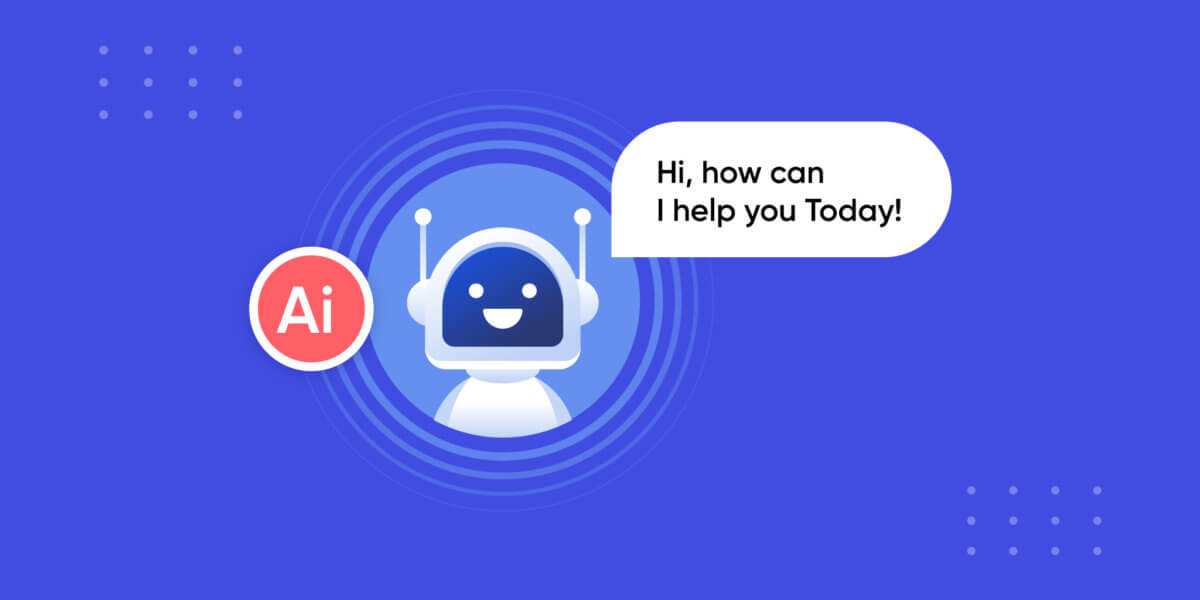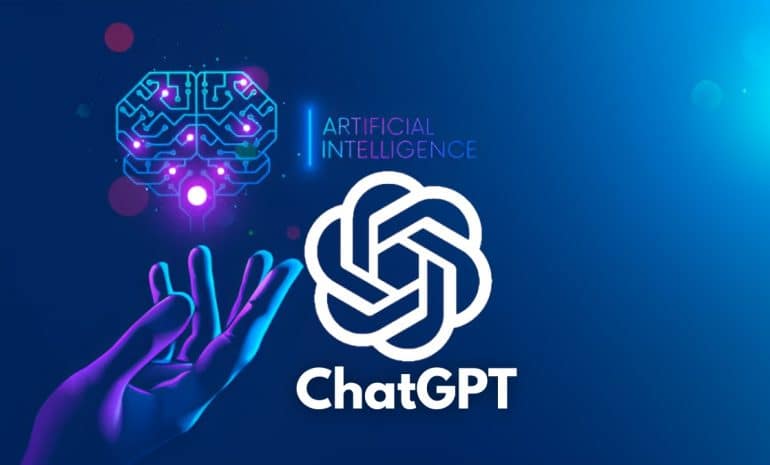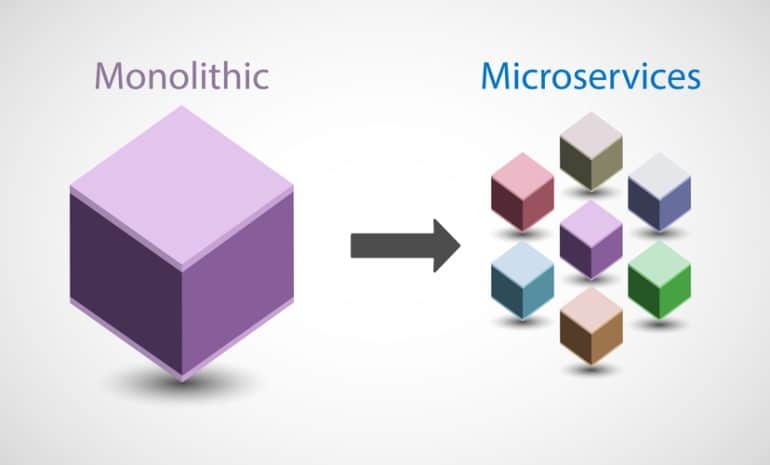A chatbot is a computer program designed to simulate conversation with human users, often through messaging or voice interfaces. Chatbots have become increasingly popular in recent years as a means of automating customer service, sales, and support interactions. However, most chatbots are built to communicate in major languages like English, Spanish, French, and others, leaving out the potential of African languages.
In this blog post, we will discuss what a definition-based chatbot is and explore the potential of using such chatbots in African languages.
What is a Definition-Based Chatbot?
A definition-based chatbot is a chatbot that has been programmed to respond to specific questions or statements with pre-defined answers or actions. These chatbots work by analyzing the user’s input, matching it to a set of pre-defined rules, and then generating a response based on those rules. This type of chatbot is often used in situations where the range of possible inputs is limited and well-defined, such as providing answers to frequently asked questions or delivering specific types of content.
Definition-based chatbots can be created using a range of tools and programming languages, including natural language processing (NLP) and machine learning (ML) frameworks.
Potential of Definition-Based Chatbots in African Languages
There are over 2,000 languages spoken in Africa, with a significant number of them having fewer resources dedicated to their preservation and development. Definition-based chatbots can be a cost-effective and efficient way of delivering information and services in African languages, especially to people who are not fluent in official languages.
For example, a definition-based chatbot in Swahili can provide information on healthcare services, job opportunities, and other relevant information to people in Tanzania, Kenya, and other Swahili-speaking countries. Similarly, a definition-based chatbot in Yoruba can provide news updates, weather forecasts, and other services to people in Nigeria and other Yoruba-speaking countries.
Challenges of Developing Definition-Based Chatbots in African Languages
There are several challenges to developing definition-based chatbots in African languages, including:
Lack of resources: Many African languages have limited resources, including grammars, dictionaries, and other language resources, making it challenging to build language models.
Limited availability of NLP and ML tools: Many NLP and ML tools are optimized for major languages and are not readily available for African languages.
Dialectical differences: Some African languages have significant dialectical differences, which can make it challenging to create a unified set of rules for a definition-based chatbot.
Conclusion
Definition-based chatbots offer a promising way to deliver information and services to people in African languages, potentially improving access to important resources for those who are not fluent in official languages. However, developing such chatbots comes with significant challenges that must be addressed, including a lack of language resources and limited availability of NLP and ML tools.
While there are several challenges to developing definition-based chatbots in African languages, there are also a growing number of tools and platforms that can make the process easier. One such tool is Mista chatbot flow builder (https://flowartisan.com), a platform designed to help businesses and organizations create chatbots using a simple drag-and-drop interface. With its support for multiple languages and integrations with popular messaging platforms like WhatsApp and Facebook Messenger, Mista chatbot flow builder can be a valuable tool for creating definition-based chatbots in African languages. As technology continues to advance, we can expect to see even more innovative solutions that help bridge the language gap and improve access to information and services in Africa.


